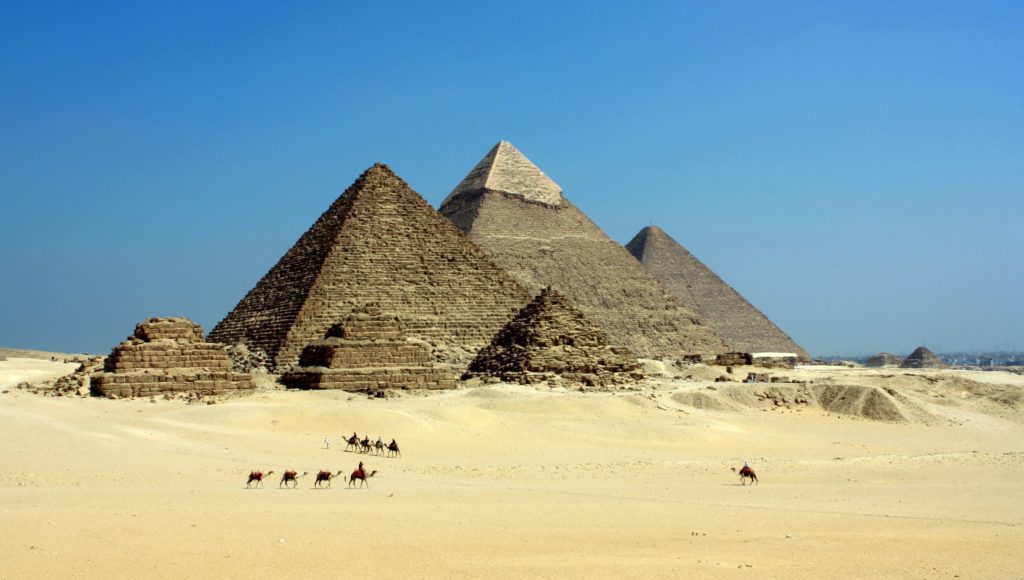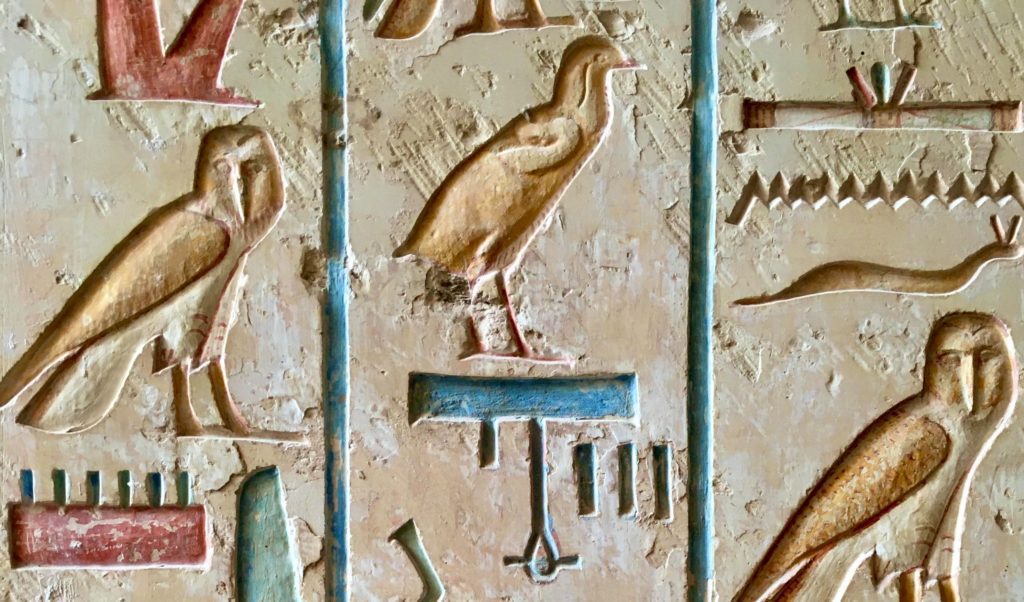Teachings of Egyptian Priest
In this article, which presents the evocation of the Spirit of Mehemet Ali (Muhammad Ali), Kardec explores a questioning about the incarnation of this Spirit as an Egyptian priest, at the time of the pharaohs.

In the April 1858 edition, Kardec evoked this Spirit. At the time, he revealed that he was a priest at the time of ancient Egypt. More details Click here
It is important to remember that in the first communication, in April, this Spirit proved not to be elevated. He wasn't mean, but he was still on the "imperfection wheel." Therefore, in his speech, he presents some impatience and lack of benevolence.
Vamos, aqui, destacar algumas partes da longa conversa – evocação que entendemos como principais:
1. ─ In the name of Almighty God, I ask the Spirit of Mehemet-Ali to come and communicate with us. ─ Yes; I know the reason.
2. ─ You promised to come to us in order to instruct us. Would you be kind enough to hear us and answer us? ─ I don't promise, because I didn't make that commitment.
Curious how the characteristics of the evoked Spirit appear clearly as the communication develops. Here it clearly shows to be a non-superior Spirit.(Click here for more features)
Superior spirits are always good and benevolent; in his speech we never find acrimony, arrogance, harshness, pride, bravado, or stolid conceit. They speak simply, advise and withdraw when they are not heard.
Kardec, Allan. Spiritist Magazine: October: 1858
3. ─ Let us replace what you promised by making us wait. ─ You mean: to satisfy your curiosity. It doesn't matter! I'll lend a little.
Comment: Kardec continues to ask the questions he thought necessary to assess the state of knowledge and intentions of that Spirit, confronting science with its answers. Most likely testing the Spirit
4. ─ Considering that you lived in the time of the pharaohs, could you tell us for what purpose the pyramids were built? ─ They are tombs; tombs and temples. There were large demonstrations.
5. ─ Did they also have a scientific objective? ─ No. Religious interest absorbed everything.
12. From the dual point of view of God and the soul, did the priests have healthier ideas than the people? ─ Yes. They had the light in their hands and while they hid it from others, they still saw it.
Comment: Here it becomes clear how religions are used to control the people, subjugating them, completely without individual autonomy. It is clear that the priests knew and taught the initiates, but did not instruct the population. To this day it is so.
14. ─ What is the origin of the worship given to animals? ─ They wanted to turn man away from God and lower him under himself, giving him inferior beings as gods.

15. – To a certain extent, the cult of useful animals can be understood; but that of unclean and harmful animals, such as serpents, crocodiles, etc., is not understood. ─ Man loves what he fears. It was a yoke for the people. The priests could not believe in gods made by their hands!
Comment: The priests knew the teachings and kept them for a small circle of initiates. They did not instruct the people in order to subjugate them. This shows how religions are not autonomous.
18. How to reconcile the Egyptians' respect for the dead with their contempt and horror for those who buried and mummified them? ─ The corpse was an instrument of manifestations. As they thought, the Spirit returned to the body it had animated. As one of the instruments of the cult, the corpse was sacred and contempt persecuted anyone who dared to violate the sanctity of death.
Comment: Interesting: the individual, taught this way, died believing it. Therefore, although he found his body preserved, he continued there, manifesting himself. It could be, in this way, an obstacle to their progress, which leads to the conclusion that it would be better to die as part of the people. In the same way that, even today, there are those who stay by the coffin, not wanting to leave it, because they believe in this same modernized dogma (we cannot forget that Christianity brought many of these Egyptian dogmas mentioned here to their beliefs).
19. ─ Did the conservation of the body allow for a greater number of manifestations? ─ Longer, that is, the Spirit returned for longer, as long as the instrument was docile.
23. Did the teaching given in the Mysteries have the sole purpose of revealing extra-human things, or were the precepts of morality and love of neighbor also taught? ─ All this was very corrupted. The purpose of the priests was to dominate, not to instruct.
Comment: To this day they embalm the body! It's a very big attachment to matter!